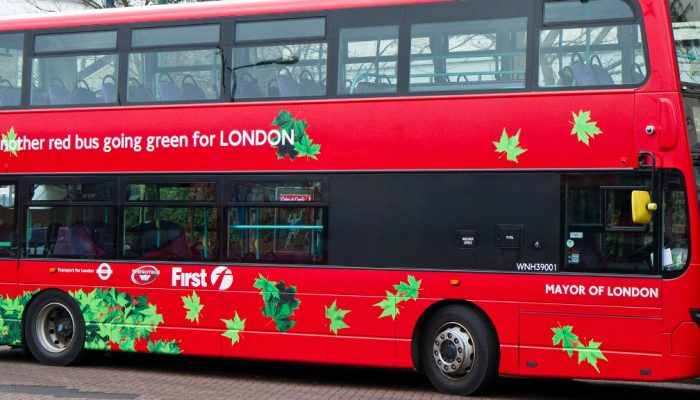
Buses are the cleanest vehicles on our roads and a new bus purchased today is already cleaner than the equivalent car. We can be rightly proud that our industry will have a central role in ensuring that the UK meets its ambitious goal of being net zero by 2050.
This role is not new though. Bus operators have led the way in decarbonising road transport and over the last five years have invested £2 billion in new cleaner and greener buses meaning the UK now has its cleanest ever bus fleet.
The entire industry was delighted when in February the Prime Minister took up the challenge to help the industry go even further and pledged to put 4000 new zero emission buses on the roads by 2024. We want to see this ambition delivered but the mechanisms used need to reflect the industry’s constraints on investment as a result of Covid-19.
The pandemic has caused unprecedented falls in passenger revenues and created a need for government investment to ensure essential services can continue to run. This fall in revenue, which will continue until social distancing on public transport is no longer required, has meant operators have taken the difficult decision to reduce or entirely cancel orders for new buses. This has placed 10,000 UK manufacturing and apprenticeship opportunities at risk, which we all want to protect.
It also means that the traditional model of government grants to support the increased purchase costs of green buses is unsuitable as it still requires significant upfront investment from operators. To overcome this challenge we have worked with operators and manufacturers to develop a new way to get zero emission buses onto our roads. Our proposal is a leasing model where operators pay a fee in exchange for long term usage of the bus. The purchase of these buses, which would all be zero emission, would be financed through a combination of £2bn of government and private investment. You can read more about these proposals here.
However, we cannot ignore that even if we make every bus on our roads zero emission the best way to reduce carbon emissions from transport is to get people out of their cars and onto the bus.
If, as some studies suggest, Covid-19 results in one million extra cars on our roads we will see a million more tonnes of carbon dioxide emissions each year. These extra journeys would seriously undermine efforts for the UK to be carbon neutral by 2050 and undo one of the few benefits of lockdown by returning to poor air quality in our towns and cities. In April alone the Centre for Research and Clean Air calculated that the drastic reduction in private car usage and the associated improvement in air quality led to a reduction in deaths of around 1700.
So while policies that support investment in green buses are important we also need to see measures which give people the confidence to travel by bus. This should include ensuring that buses, alongside cycling and walking, have priority within our transport networks to help provide more reliable journey times. As we said in our Moving Forward Together report last year, investing in getting buses moving more quickly is key to passenger growth; it’s great to see the new report maximising the benefits of local bus service from KPMG illustrating these impacts so vividly.
Our industry has a proud record of leading the way in creating a greener future and I hope the Government is ready to work with us to not just put more green buses on our roads but to get more people out of their cars and onto those buses.
About the Author
This post was written by Graham Vidler. Graham is the CEO of the Confederation of Passenger Transport.
